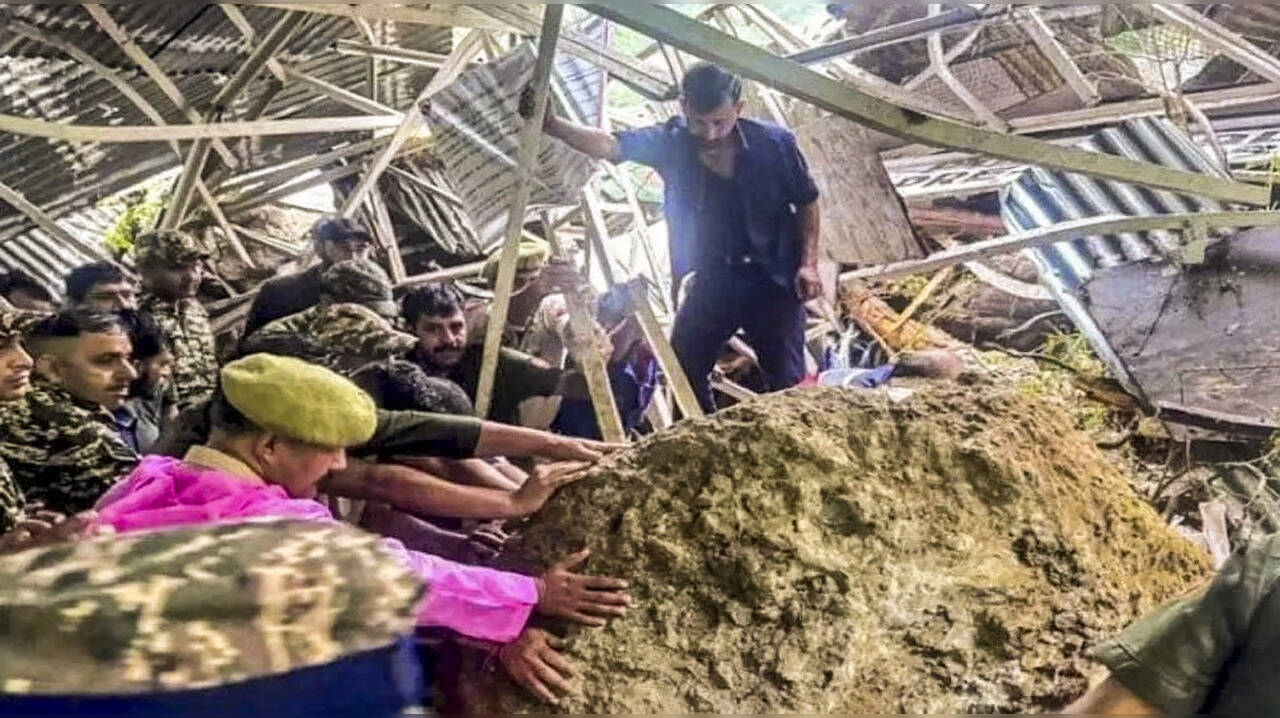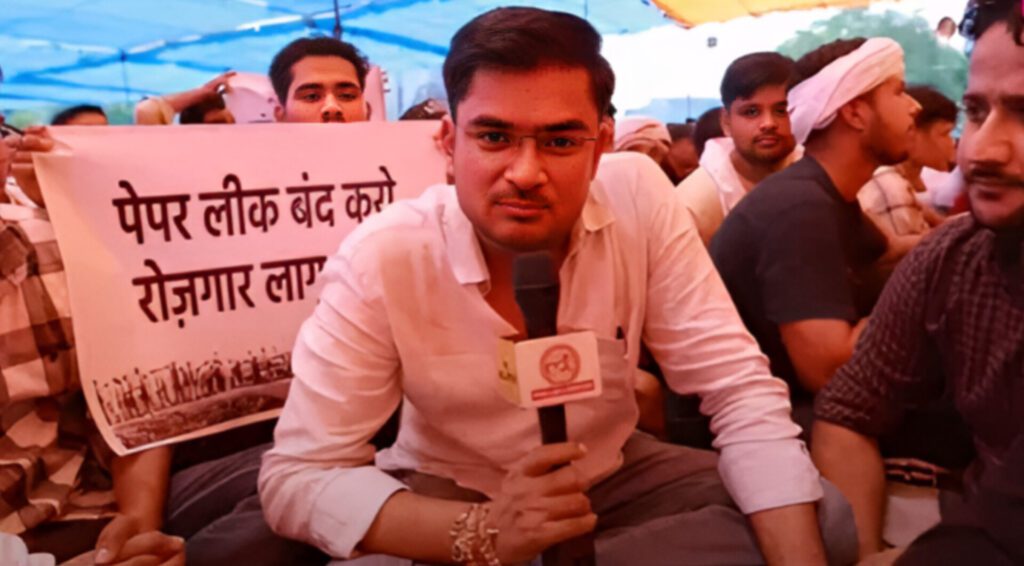PTI, New Delhi, May 15, 2025 : IndusInd Bank on Thursday said its internal audit department (IAD) has found “unsubstantiated balances” of Rs 595 crore in “other assets” of its balance sheet, and has also examined the roles of key employees in this lapse.
In a regulatory filing, IndusInd Bank said this balance was, later in January 2025, set off against corresponding balances appearing in “other liabilities” accounts.
It said following receipt of a whistleblower complaint, the IAD was asked by the Audit Committee of the Board to review transactions recorded in “other assets” and “other liabilities”. This was in addition to the review of the Bank’s MFI business, which the beleaguered lender had disclosed to the stock exchanges on April 22.
“Pursuant to receipt of a whistle blower complaint, the IAD was asked by the Audit Committee of the Board to review transactions recorded in ‘other assets’ and ‘other liabilities’. The IAD has submitted its report on May 8, 2025 that there were unsubstantiated balances aggregating to Rs 595 crores in ‘other assets’ accounts of the Bank. These were set off against corresponding balances appearing in ‘other liabilities’ accounts in January 2025,” IndusInd Bank said.
The IAD has also examined the roles and actions of key employees in this context, it added.
Earlier on April 22, IndusInd had said that as part of the process of finalisation of accounts, the bank’s IAD is conducting a review of the bank’s MFI business to examine certain concerns and it has engaged EY to assist the IAD.
The IAD has since submitted its report on May 8, 2025.
IndusInd said that the IAD has found that a cumulative amount of Rs 674 crore was incorrectly recorded as interest over three quarters of FY24-25, which was fully reversed as on January 10, 2025.
“The Board is taking necessary steps to strengthen internal controls, fix accountability of the persons responsible for these lapses and will take action as appropriate,” IndusInd said.
In March, the private sector bank had reported accounting lapses in the derivative portfolio which were estimated to have an adverse impact of approximately 2.35 per cent of the bank’s net worth as of December 2024.
Following this, the bank appointed external agency PwC to assess the impact on the bank’s balance sheet, lapses at various levels and suggest remedial action.
The agency in its report has quantified the negative impact of the above as of June 30, 2024, at Rs 1,979 crore.
On April 29, CEO Sumant Kathpalia and Deputy CEO Arun Khurana resigned from the bank, following which IndusInd board appointed a Committee of Executives to oversee the operations of the bank, till a new MD & CEO assumes charge or a period of three months.
Meanwhile, the IndusInd Bank’s board has also hired Grant Thornton to conduct a forensic audit into accounting lapses.
As per the mandate, Grant Thornton would conduct a comprehensive investigation to identify the root cause of the discrepancies and assess the correctness and impact of the accounting treatment of the derivative contracts with regard to the prevailing accounting standards.
Last week, Moody’s Ratings affirmed IndusInd Bank’s rating, but downgraded the outlook to negative reflecting the potential for further impact in the bank’s solvency, funding, or liquidity.
The US-based agency also downgraded IndusInd Bank’s standalone credit profile to ba2 from ba1 reflecting weakness in its internal controls as highlighted by the discrepancy in derivatives accounting, inadequate management oversight and concerns about the bank’s medium term strategy due to resignation of senior leadership without adequate succession planning.
Conclusion : IndusInd Bank found serious accounting errors involving hundreds of crores of rupees. These mistakes raised questions about how the bank was being managed, led to top-level resignations, and caused concern among regulators and investors. The bank is now under external audits and trying to fix internal problems.
What This Does Not Mean:
The bank is not bankrupt.
It is not shutting down.
Depositors’ money is not at immediate risk.
What This Does Mean:
The bank has had major internal control failures — accounting mistakes, oversight issues, and possible misreporting.
Top leadership resigned, which can shake investor and customer confidence.
External agencies (PwC and Grant Thornton) are now investigating the mistakes.
Moody’s changed the outlook to negative, which means experts are worried but haven’t downgraded the bank’s creditworthiness yet.
Is Your Money Safe?
As of now, yes — banks in India are tightly regulated by the RBI (Reserve Bank of India), and RBI steps in quickly if there is any threat to depositors’ money. There has been no RBI alert or intervention suggesting the bank is collapsing.
What to Watch For:
RBI action or audit findings.
New leadership appointments.
Further financial disclosures or losses.
Long-term market confidence.
Bottom Line:
The bank is not closing, but it is going through a rough patch due to poor internal controls and leadership issues. It is being watched closely by regulators and rating agencies, and the next few months will be crucial for its recovery and stability.








